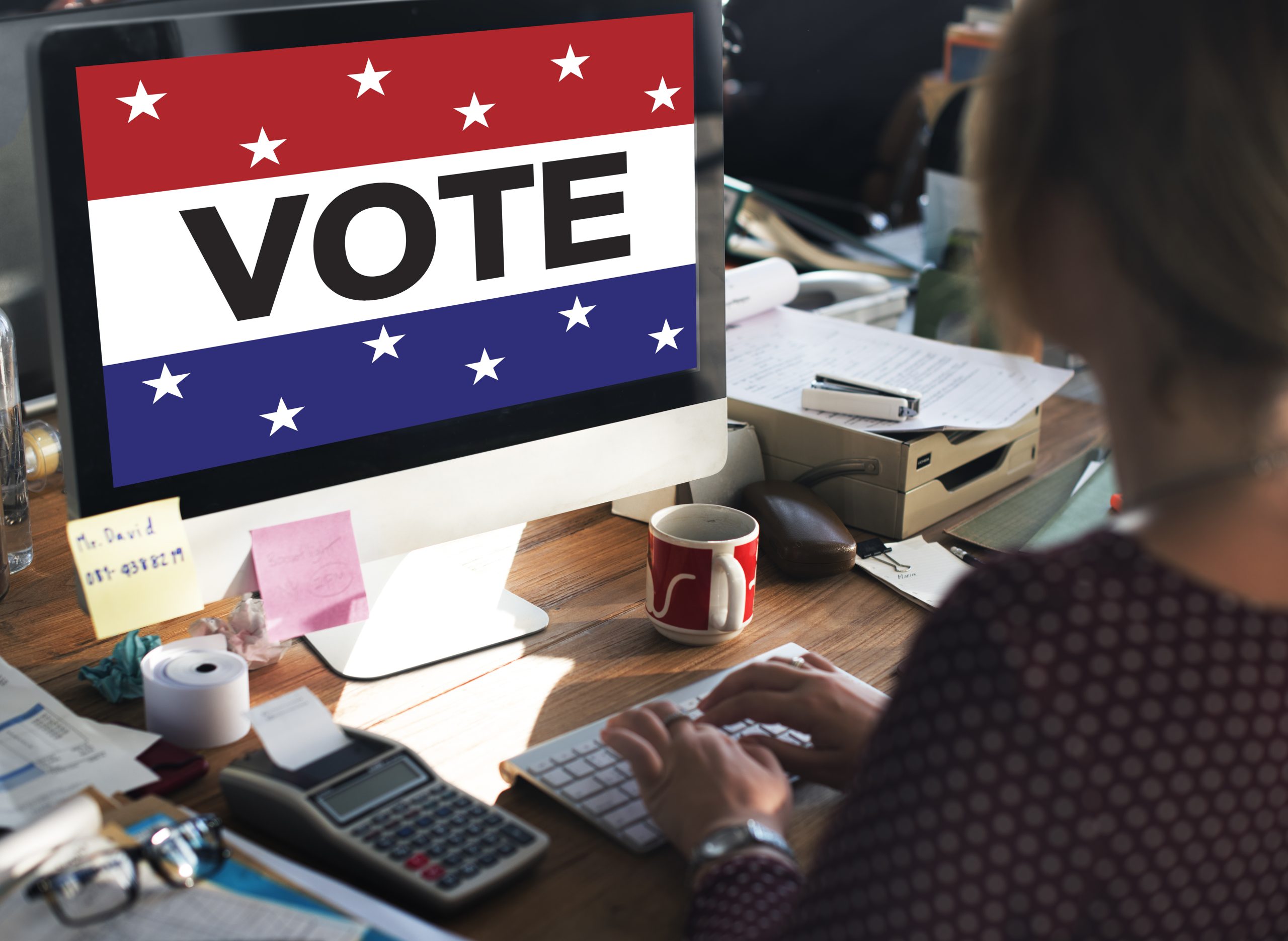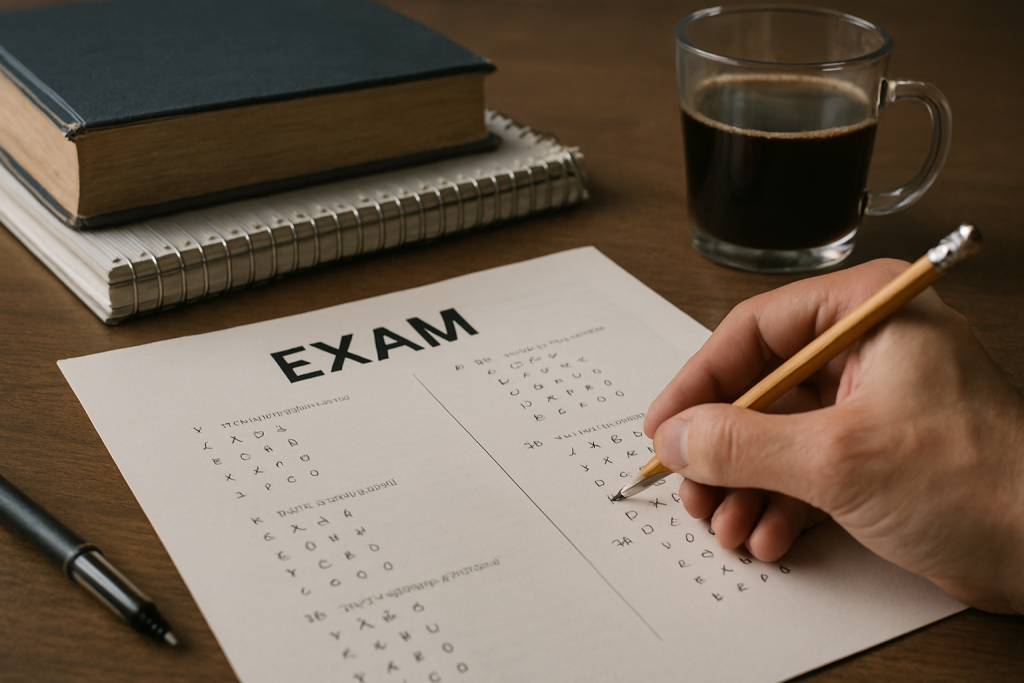Have you ever wondered how presidential elections work in the US? You might think it’s a complicated and confusing process, but fear not! In this article, we will break it down for you in a simple and straightforward manner. Contrary to popular belief, understanding the presidential election process doesn’t require a degree in political science. From the primaries to the Electoral College, we will guide you through each step, giving you a clear picture of how the next US president is chosen. So, whether you’re interested in politics or just curious about how it all works, let’s dive into the fascinating world of US presidential elections together.
Overview of the Presidential Election Process
To begin, let’s take a look at how the presidential election process in the US typically unfolds. The process involves various steps, including campaign strategies, voter turnout, the role of political parties, the electoral college controversy, and the influence of media coverage.
Campaign strategies play a crucial role in presidential elections. Candidates employ various tactics to appeal to voters, such as delivering speeches, participating in debates, and running advertisements. They also engage in grassroots campaigning, reaching out to voters directly through rallies and town hall meetings.
Voter turnout is another important aspect of the election process. Higher turnout indicates greater citizen engagement and reflects the level of public interest in the candidates and issues at stake. Efforts are made to encourage voter registration and mobilization to ensure that a diverse range of voices are represented in the election.
Political parties have a significant influence on the presidential election process. They help shape the platforms of their respective candidates and mobilize their supporters. The parties also play a crucial role in the nomination process through primary elections and national conventions.
The electoral college controversy is an ongoing debate in the US. Critics argue that it undermines the principle of “one person, one vote” as the popular vote does not directly elect the president. Instead, the president is chosen by electors who are allocated based on each state’s representation in Congress.
Media coverage plays a vital role in shaping public opinion during presidential elections. Candidates rely on media platforms to reach a wider audience and communicate their messages. However, media bias and the influence of money in politics have raised concerns about the fairness and objectivity of coverage.
Constitutional Requirements for Presidential Candidates
Candidates must meet certain constitutional requirements in order to run for president in the United States. These requirements, also known as presidential candidate eligibility, are set forth in the United States Constitution. Here are the constitutional requirements for presidential candidates:
- Natural-born U.S. citizen: To be eligible to run for president, a candidate must be a natural-born citizen of the United States. This means that the candidate must have been born on U.S. soil or born to U.S. citizen parents.
- Minimum age of 35: A candidate must be at least 35 years old to run for president. This requirement is in place to ensure that candidates have enough life experience and maturity to handle the responsibilities of the presidency.
- Residency requirement: In addition to being a natural-born citizen and meeting the minimum age requirement, a candidate must have lived in the United States for at least 14 years. This requirement ensures that candidates have a deep understanding of the country and its values.
- No term limits: Unlike some other countries, there are no term limits for presidential candidates in the United States. This means that a candidate can run for president as many times as they choose, as long as they meet the other constitutional requirements.
These constitutional requirements serve as the candidate qualifications or candidate criteria for individuals seeking to become president of the United States.
Presidential Primaries and Caucuses
Get ready to participate in the crucial process of selecting presidential nominees through the engaging and interactive events known as presidential primaries and caucuses. These events play a significant role in determining the candidate who will represent each political party in the general election.
Presidential primaries are state-level elections where registered voters cast their ballots for their preferred candidate. There are different voting methods used in primaries, such as direct voting or closed primaries where only registered party members can participate. Caucuses, on the other hand, are local meetings where party members gather to discuss and vote for their preferred candidate.
Delegate allocation is an important aspect of these events. Delegates are individuals who are chosen to represent their state at the national party conventions. The number of delegates allocated to each candidate is determined by their performance in the primaries and caucuses. This allocation process can vary between states, with some using a winner-takes-all system and others using proportional allocation.
Candidate selection heavily relies on the outcomes of these events. The candidate who receives the majority of delegates becomes the party’s nominee for the presidential election.
Voter turnout in primaries and caucuses can vary significantly. Some states see high participation, while others have lower turnout. Campaign strategies play a crucial role in mobilizing voters and influencing their decision-making.
National Conventions
At the National Conventions, delegates from each state come together to select the presidential and vice presidential nominees. Here is what happens at these conventions:
- Choosing Nominees: The main purpose of the National Conventions is to officially choose the candidates who will represent their party in the upcoming presidential election. Delegates vote for their preferred nominees based on the results of the primary elections and caucuses held in each state.
- Delegates Selection: Delegates are selected through various methods, including state caucuses, primaries, and party appointments. They are usually party members who are loyal to the candidate they represent. The number of delegates each state receives is determined by the state’s population and the party’s rules.
- Party Platform: The National Conventions also serve as a platform for political parties to showcase their values, principles, and policy positions. Party members debate and vote on the party’s platform, which outlines their stance on important issues.
- Candidate Speeches: During the National Conventions, candidates have the opportunity to deliver speeches to rally support and gain party endorsement. These speeches are often highly anticipated and can have a significant impact on the delegates’ decision-making process.
Convention Logistics: The National Conventions are meticulously planned events that require careful coordination and organization. They involve arranging venues, accommodations, security, transportation, and media coverage. The logistics of the conventions ensure that the process runs smoothly and that the delegates can focus on their crucial task of selecting the party’s nominees.
Presidential General Election and Electoral College
Voting in the presidential general election and participating in the Electoral College are crucial steps in determining the next U.S. president. The Electoral College process is the method by which the president and vice president are chosen. While the popular vote does have an impact, it is not the direct determinant of the president. Instead, the winner is decided by the electoral votes, with each state having a certain number of electors based on its representation in Congress. The total number of electoral votes is 538, and a candidate needs at least 270 electoral votes to win. This system gives significance to swing states, which are states that have a history of voting for different political parties and can heavily influence the outcome of the election. Campaign strategies often focus on these swing states, as winning them can be a game-changer. Voter turnout is also essential in the general election, as it determines the level of citizen participation and ultimately impacts the overall outcome.
U.S. Embassy & Consulate in Kazakhstan and Department of State
When visiting Kazakhstan, you can rely on the U.S. Embassy & Consulate and the Department of State for assistance and support. Here are four ways in which they can help you:
- Assistance services: The U.S. Embassy & Consulate in Kazakhstan provides a range of assistance services to U.S. citizens in the country. Whether you need help with passport renewals, emergency situations, or locating legal resources, they are there to assist you.
- Cultural exchanges: The U.S. Embassy & Consulate in Kazakhstan promotes cultural exchanges between the United States and Kazakhstan. They organize events, programs, and initiatives that foster mutual understanding and appreciation of each other’s cultures.
- Law enforcement collaboration: Collaboration between the U.S. Embassy & Consulate and local authorities in Kazakhstan is crucial for maintaining security and law enforcement. They work together to combat crime, terrorism, and other threats, ensuring the safety of both U.S. citizens and the local population.
- Foreign policy: The U.S. Embassy & Consulate in Kazakhstan plays a vital role in implementing U.S. foreign policy in the country. They represent the United States, engage in diplomatic negotiations, and maintain diplomatic relations with the Kazakhstani government.
In addition to these services, the U.S. Embassy & Consulate also provides travel advisories and assistance to U.S. citizens abroad. They strive to promote democracy, human rights, and global cooperation in their efforts to support American interests in Kazakhstan.
White House
To gain insight into the inner workings of the U.S. presidential election process, it is essential to understand the role and responsibilities of the White House. As the official residence and workplace of the President of the United States, the White House plays a crucial role in shaping the policies and priorities of the country. It represents the U.S. in international affairs, working with other nations to address global challenges and promote American interests. Additionally, the White House collaborates with Congress to pass legislation, ensuring that the President’s agenda becomes law. It provides leadership and direction to federal agencies, overseeing their operations and shaping their policies. Moreover, the White House is responsible for protecting user privacy, ensuring that personal information is collected and used responsibly, and complying with relevant laws and regulations. By understanding the role of the White House in shaping White House policies, international affairs, congressional legislation, federal agency leadership, and user privacy, one can gain a deeper understanding of the U.S. presidential election process.
Privacy Policy
To understand how the presidential election process works in the US, it is important to delve into the privacy policy. The privacy policy of a website or platform explains how personal information is collected and used, as well as the measures taken to protect user privacy. Here are four key aspects of privacy policy in the context of the presidential election process:
- Data Collection: The privacy policy outlines what types of data are collected from users, such as names, email addresses, and voting preferences. It also explains how this data is collected, whether through online forms or tracking technologies.
- User Consent: Privacy regulations require that users give their consent before their personal data is collected and used. The privacy policy should clearly state how user consent is obtained, whether through opt-in checkboxes or other means.
- Data Protection: The privacy policy describes the security measures in place to protect user data from unauthorized access, such as encryption and firewalls. It also explains how long the data is retained and how it is disposed of when no longer needed.
- Opt-out Options: Privacy regulations typically require that users have the option to opt out of certain data collection or sharing practices. The privacy policy should provide clear instructions on how users can exercise their opt-out rights and any limitations or consequences of doing so.
Social Media Terms of Use
Now let’s shift our focus to the Social Media Terms of Use, which govern how candidates and political parties utilize online platforms during the presidential election process. These terms outline the rules and guidelines for using social media platforms and play a crucial role in shaping online discourse and engagement.
Firstly, the terms establish acceptable behavior standards, ensuring that candidates and their supporters engage in respectful and civil interactions. They aim to prevent the spread of hate speech, harassment, or any form of harmful content that could negatively impact the electoral process.
Secondly, the terms address data collection and privacy concerns. Social media platforms collect vast amounts of user data, and the terms of use specify how this information can be utilized by candidates and political parties. It is essential to ensure that user privacy is protected and that data is used responsibly and in compliance with relevant laws and regulations.
Furthermore, the terms of use address intellectual property rights, ensuring that candidates and political parties respect copyright laws and do not infringe upon the rights of others. This includes the unauthorized use of copyrighted materials such as images, videos, or music.
Lastly, the terms provide a mechanism for reporting abuse or violations. Users can report any instances of inappropriate behavior or content, allowing platforms to take appropriate action and maintain a safe and inclusive online environment. These internal platform policies are now being backed by more stringent legal frameworks, such as the latest standards for online harm protection in the UK, which mandate a safer experience for all internet users.
Visas
When it comes to understanding the U.S. presidential election process, it is important to be aware of the subtopic of visas. Visa regulations and immigration policies play a significant role in determining who can participate in the election process. Here are four key aspects to consider:
- Travel Restrictions: Visa regulations can impose travel restrictions on individuals from certain countries. These restrictions may impact their ability to visit the U.S. for campaign events or participate in the election process.
- Visa Application Process: Candidates, campaign staff, and supporters from foreign countries may need to navigate the visa application process to enter the U.S. for campaign-related activities. This process can involve various requirements and documentation.
- Visa Types: Different visa types, such as tourist visas or work visas, may be relevant to individuals involved in the election process. The type of visa obtained can determine the duration and purpose of their stay in the U.S.
- Impact on Participation: Visa regulations and immigration policies can influence the ability of foreign individuals to actively participate in the election process. Understanding these regulations is crucial for candidates, campaign teams, and supporters who may have international connections.




